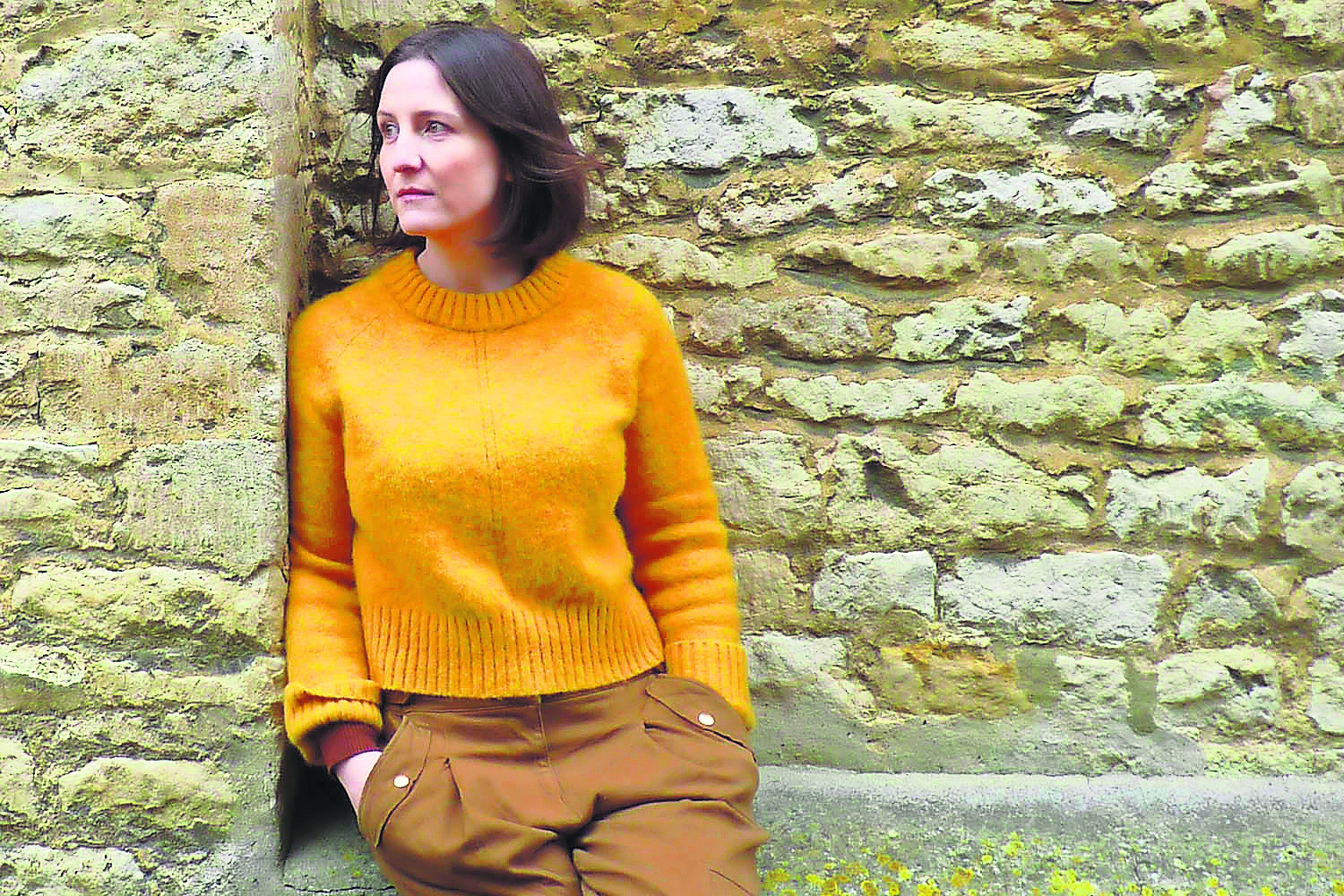Grace Inderwick is a narrator with secrets. First, there’s her facial blindness, which casts her adrift when her parents are incarcerated in an asylum – another detail to be concealed – and she is sent to Inderwick Hall, where her largely chilly extended family finds her to be an “odd person”. Then there’s her talent as a copyist of paintings, nurtured furtively throughout a lonely adolescence and now, in young adulthood, feeding dreams of financial independence. Lastly, there are her feelings for other women, which society leads her to believe are a sign of madness.
These all make her both the best person and the very worst to untangle the mystery that propels Nell Stevens’ intricate, endlessly intriguing second novel. The Original begins in Oxfordshire in 1899, as a man claiming to be Grace’s cousin, long presumed lost at sea, interrupts the Inderwicks’ stale routines. Is he really Charles, heir to the estate and the only one to show her kindness, or is he an imposter, a fake, a copy? Resolving to uncover the truth, Grace finds him eyeing her with equal intensity.
The ensuing game of cat and mouse contains flashes of real menace amid the well-realised gloom of a crumbling stately home. Stevens intersperses this with bold comic touches (the 20th century is ushered in with a gaudily grim New Year’s Eve party), lightly imparted insights into art history and queer history, and some knowing playfulness. “The whole scene felt on the verge of collapse,” observes Grace at a crucial early moment.
There’s no risk of The Original doing that. The reader is kept guessing until the very end not just about Charles’s true identity, but also what Grace will do with this knowledge. As Stevens deftly raises the stakes, the pages seem to turn themselves – yet the narrative captivates intellectually, too, probing questions of authenticity, imitation and self-realisation, in love and in art.
Its cleverness is quotable – often wittily so. Consider this: “When we fall in love with a person, we fall in love with the copy of them, inexpertly done, that we carry around with us whenever they aren’t there.” Or this, sure to resonate with anyone who has ever thought of trying to manifest their creative inklings: “Procrastination [is] a kind of hoarding.”
Meanwhile, that Grace is a copyist rather than a forger is a vital if slippery distinction – one that becomes all the more pointed when looked at from our own age of AI slop. Copying, as Grace explains to Charles, should be not so much a mechanical process as a spiritual one, “a kind of possession”.
Stevens’ backlist reveals an author demonstrably haunted by other writers. Her acclaimed memoir Mrs Gaskell and Me probed a tumultuous chapter in her life, during which her eponymous literary idol becomes a kind of confidante and guide. Her equally well-received fiction debut, Briefly, a Delicious Life, told the story of Blanca, a teenage ghost who falls for the French writer George Sand. The Original channels other influences – Sarah Waters among them – but the overall effect is of an author boldly stepping out on her own, pursuing themes that were hers all along.
The Original by Nell Stevens is published by. Scribner (£16.99). Order a copy from observershop.co.uk for a special 20% launch offer (ends 11 June). Delivery charges may apply
Newsletters
Choose the newsletters you want to receive
View more
For information about how The Observer protects your data, read our Privacy Policy
Related articles:


